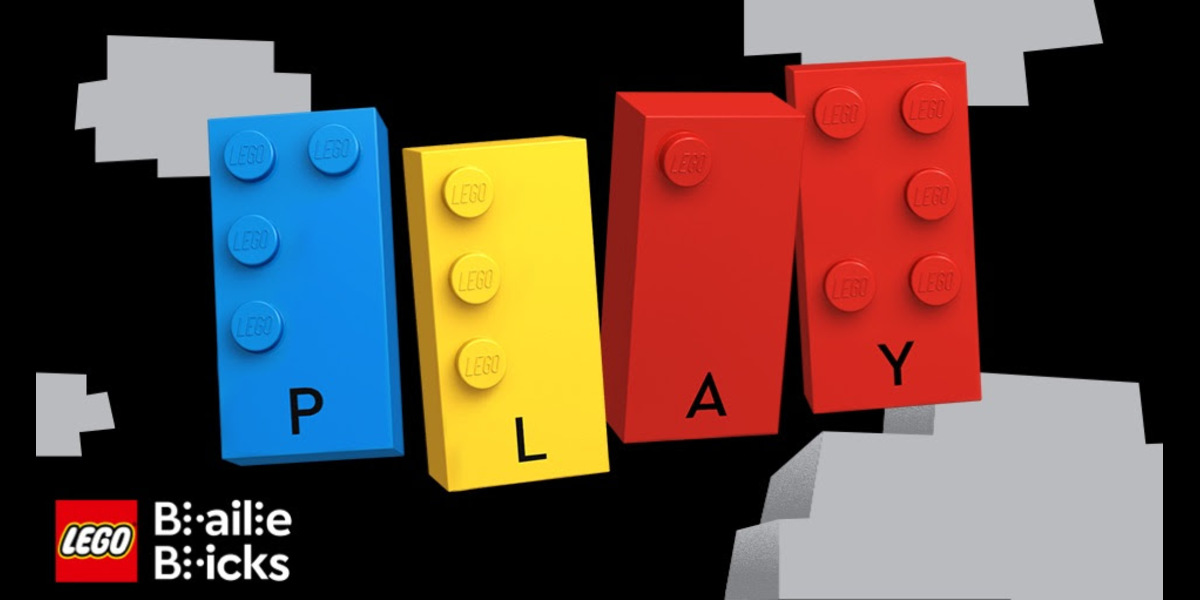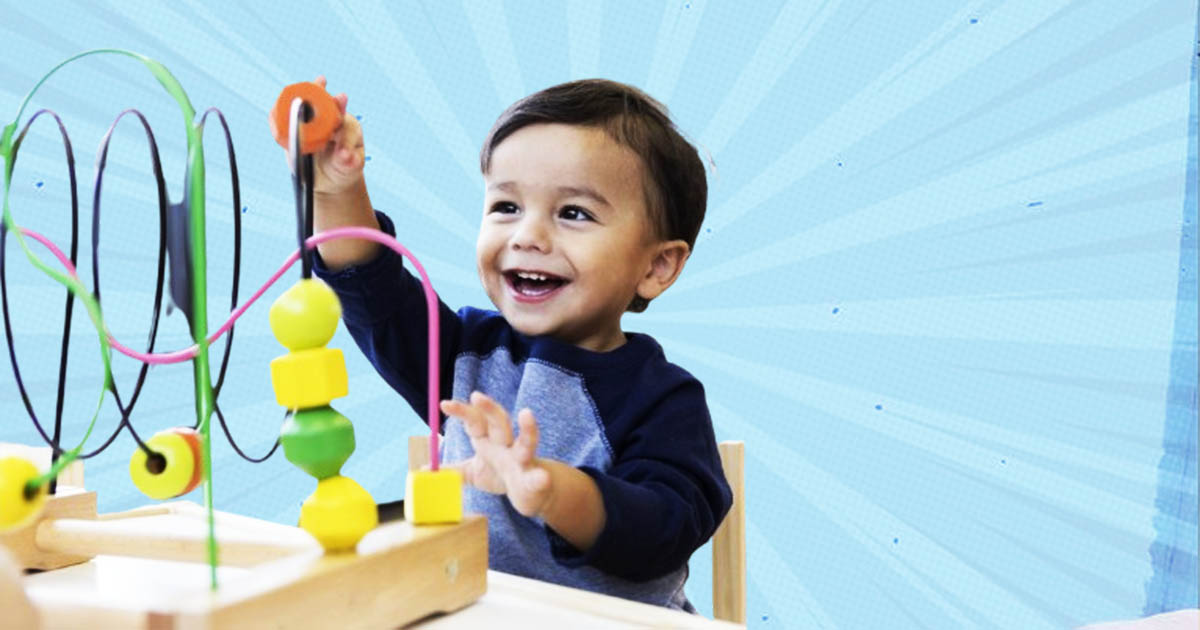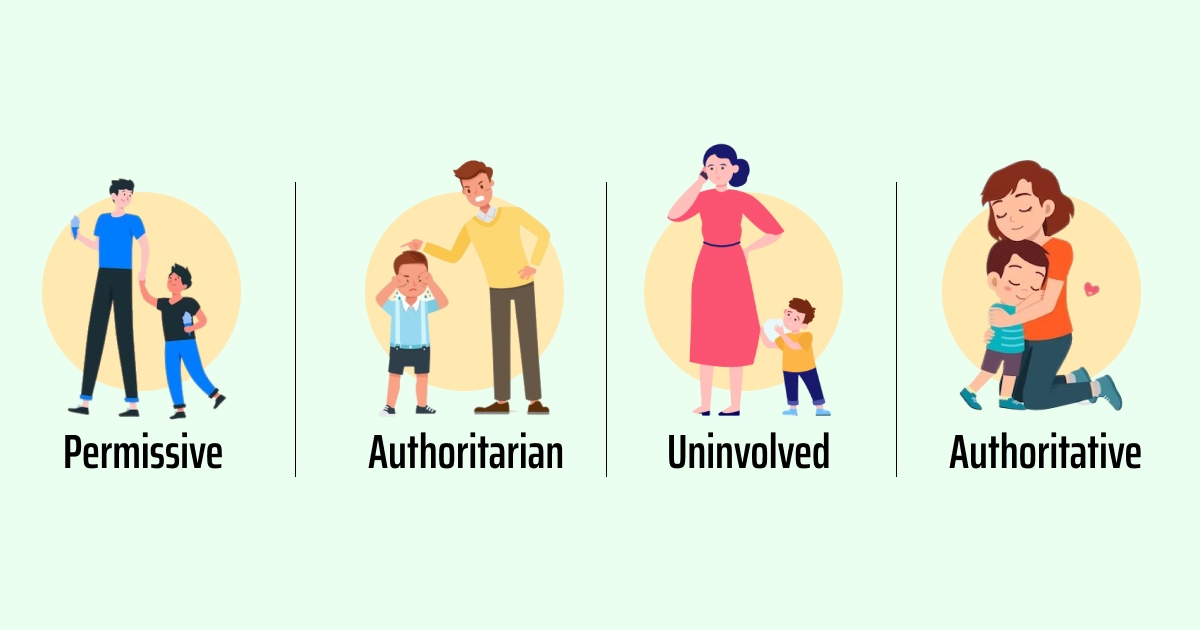We have curated a list of 11 thrilling games for kids to play alone, designed to ignite their creativity and independent spirit. Whether you are facing a rainy day indoors or simply want your child to develop crucial problem-solving skills, we have got you covered.
Exciting Games For Kids to Play Alone
It is crucial for kids to play alone as it fosters independence, creativity, and problem-solving skills. Solo play encourages self-reliance, boosts confidence, and helps children develop a sense of identity and autonomy.
It allows them to explore their interests and emotions freely, promoting emotional and social development. Moreover, playing alone stimulates imagination and critical thinking, leading to a more well-rounded and adaptable approach to life’s challenges.
Let us look at 11 exciting games for kids to play alone:
1. Coloring Pages
When kids sit down to color, they concentrate, stay within the lines, and thoughtfully choose colors. These games for kids to play alone help enhance their attention span, a skill that’s valuable in many aspects of their lives.

Coloring can also be a way for children to let their feelings out. Encourage them to chat about their artwork, and you might be surprised at what you discover about their thoughts and emotions.
To make the most of coloring time, be sure to provide good-quality materials like colored pencils, markers, and coloring books that match their age and interests.
And don’t forget to proudly display their finished artwork at home – it’s a wonderful way to boost their confidence and show how much you value their creative efforts. It’s a simple but meaningful way to support your child’s growth and development.
2. Art Projects
Encouraging your child to dive into art projects is not only exciting but also incredibly beneficial. It’s a versatile and creative activity that has a host of advantages, from boosting their cognitive skills to nurturing self-expression.
When kids create art, they’re making a series of decisions, like choosing the right materials and figuring out how to achieve their desired outcome. This decision-making process is like a workout for their problem-solving abilities.
What makes single player games for kids even more amazing is that it’s a channel for children to express their feelings, especially when they might struggle to communicate through words. It provides them with a way to handle their emotions and experiences in a healthy and constructive manner.
Read More: 15 Fun And Creative Art Projects For Dads And Kids!
3. Playdough
As children shape and mold playdough, they are engaging in an exercise that helps strengthen their hand muscles and fine-tune their motor skills. Rolling, pinching, and cutting the dough become valuable workouts that boost hand-eye coordination and finger strength and are considered important single player games for kids.
Playdough isn’t just about creation; it’s also good for their mental health. These games for kids to play alone provides kids with an outlet for releasing stress and unwinding, making it an ideal choice when it’s time to relax.
While it’s wonderful to occasionally join in the playdough fun, giving your child the freedom to explore it on their own is equally important. This fosters a sense of independence and bolsters their self-confidence, two vital aspects of their development
4. Matching games
When children play matching games, they must focus their attention on finding matching pairs. This process becomes a wonderful way to boost their attention span.
What makes matching games even more remarkable is that they can be played alone. This encourages independence and self-confidence in your child. The sense of accomplishment they feel when they find a match is truly rewarding and enjoyable.
Don’t forget to praise your child when they make a match and celebrate their progress. Positive reinforcement is a powerful motivator to keep kids engaged and complete the level of single player games for kids.
To keep the game fresh and exciting, consider switching up the matching games or adding new sets with different themes or designs from time to time.
5. Jigsaw Puzzles
Jigsaw Puzzles are a brain-teasing challenge that engages your child’s mind in an enjoyable and educational way.
As your child tries to figure out where each piece fits in the puzzle, they’re getting a fantastic dose of problem-solving practice. It encourages them to think logically and strategize, which are vital skills in many aspects of life.
Handling those small puzzle pieces isn’t just a test of patience; it’s a wonderful way to refine fine motor skills. These skills, in turn, come in handy for activities like writing and drawing.
When you introduce your child to puzzles, show them how to start from the edges and corners and work their way toward the center. Explain that pieces with similar colors or patterns often connect, guiding them in their puzzle-solving journey.
Read More: 10 Engaging Activities for Children that Promote Parent-Child Bonding!
6. Lego and Building Blocks
Building blocks and LEGO sets provide a blank canvas for creativity. Children can design and construct whatever they imagine, fostering their art as well as their creativity.

Many LEGO sets come with challenges and puzzles, requiring your child to figure out how to create specific designs. This promotes problem-solving skills and helps them develop critical thinking.
Read More: 10 Indoor Rainy Day Activities For Kids That Are Exciting and Fun!
Allow your child to explore and create independently. Avoid interfering unless they ask for help.
Ensure your child uses age-appropriate, non-toxic materials. Small parts can be choking hazards, so supervise young children closely.
7. Exergames
Exergames, or interactive video games that involve physical activity, are not just exciting but can be highly beneficial for kids when played alone. These games kids can play alone combine fun and fitness.
It offers an engaging way for children to stay active while enjoying screen time. You can also incorporate single player games for kids as online exergames.
Exergames get kids up and moving, providing a dose of physical activity that is essential for their health and well-being. These games for kids to play alone often feature exciting challenges, missions, and interactive elements that captivate kids’ attention and keep them motivated to play.
Read more here: 10 Fun And Engaging Teenage Confidence-Building Activities Every Parent Must Know!
Many exergames offer aerobic workouts, helping kids strengthen their lungs and build endurance in a fun way.
Ensure your child plays in a safe area, free from obstacles that could cause accidents during physical activity. Encourage your child to drink water during and after playing exergames to stay hydrated.
8. Dancing
Dancing gets kids moving, providing an enjoyable form of exercise that promotes cardiovascular health, improves muscle tone, and enhances flexibility.
Dancing allows children to express themselves, fostering creativity and boosting their self-esteem as they develop their unique dance styles.
Read More: 10 Effective Mental Health-Boosting Activities For Children
Dancing to music are exciting games kids can play alone. It releases endorphins, reduces stress, and brings joy, making it a fantastic tool for emotional well-being. These games for kids to play alone teach rhythm and coordination, helping kids move gracefully and maintain better physical balance.
Designate an area at home where your child can dance freely without concerns about breaking things. Make sure it’s well-lit and free from obstructions.
Enrolling your child in dance classes, virtually or in person, is an excellent way to help them learn new moves and gain confidence. Encourage your child to choreograph their dances and tell stories through dance. This can be exciting and imaginative single player games for kids.
9. Hula Hoop
Hula hooping encourages kids to keep going and build endurance, as they strive to maintain the hoop’s momentum, which is a valuable skill for many physical activities.
Hula hooping is not just about fitness; it’s an opportunity for creative expression. Children can develop their unique hooping styles and even incorporate dance moves.
Create fun challenges or games that involve hula hooping, such as who can keep the hoop spinning the longest. These games for kids to play alone add an element of competition and excitement. Praise your child’s efforts and achievements in hula hooping.
Positive reinforcement will boost their self-esteem and motivate them to keep trying.
10. Cycling
Cycling is an excellent way for kids to maintain an active lifestyle. It provides an effective cardiovascular workout, strengthens muscles, and enhances physical fitness.
According to research, children aged 6-17 should engage in at least one hour of moderate to vigorous physical activity daily, and cycling is a fantastic way to meet this recommendation.
Read More: 10 Key Benefits of Play in Early Childhood Development
Riding a bike is not only games kids can play alone; it’s also a mood enhancer. Exercise triggers the release of endorphins, which can reduce stress, boost self-esteem, and promote overall mental well-being.
Published research highlights the positive impact of physical activity on children’s emotional health.
11. Indoor obstacle course
Crafting an obstacle course challenges kids to think critically. They need to plan the layout, decide how to conquer each obstacle and adapt when things don’t go as expected. This mental stimulation enhances their problem-solving abilities.
When kids play alone in an obstacle course, they gain a sense of independence and self-reliance. Overcoming challenges on their own boosts their confidence and self-esteem.
Gather materials from around the house, such as cushions, blankets, furniture, and toys, to create obstacles. Ensure that these materials are stable and safe to use. Encourage your child’s creativity by letting them design their obstacle courses. Give them the freedom to experiment with different setups and obstacles.
Games Kids Can Play Alone
From the simple joys of coloring pages to the exhilarating adventures of indoor obstacle courses, these games offer more than just entertainment – they provide valuable life lessons.
As parents, our role is not just to introduce these games kids can play alone but to create a supportive environment where our children can explore, learn, and grow. Encourage their creativity, provide the necessary materials, and most importantly, celebrate their efforts and achievements.
Whether it’s the joy of completing a challenging puzzle or the confidence gained from mastering a new dance move, these moments shape our children’s lives.
By investing in these exciting solo games, we invest in our children’s physical, emotional, and intellectual development. They learn not only how to play but also how to face challenges, express themselves, and become more self-assured individuals.
So, next time you’re seeking a way to keep your child engaged and stimulated, consider these games and watch them flourish in the world of solo play.
Frequently Asked Questions (FAQs)
1. What are games kids can play alone?
Kids can engage in a variety of exciting games by themselves, such as coloring pages, art projects, playdough, matching games, jigsaw puzzles, building blocks or LEGO, exergames, dancing, hula hoop, and cycling.
2. Why is it important for kids to play alone?
Playing alone is crucial for a child’s development as it fosters independence, problem-solving abilities, and self-confidence. It encourages creativity, critical thinking, and fine motor skills. It also provides opportunities for self-expression and emotional well-being, helping children learn to cope with their feelings and experiences.
3. Can my child play alone?
Absolutely! Children can play alone and benefit from it. It’s a valuable part of their growth and development. Encourage solo playtime with activities that align with their interests and age.
4. How do I keep my child busy?
To keep your child engaged, consider introducing them to exciting games for kids to play alone. Providing them with age-appropriate materials and occasional encouragement can go a long way in fostering their independence and creativity while keeping them happily occupied.


















Leave a Reply